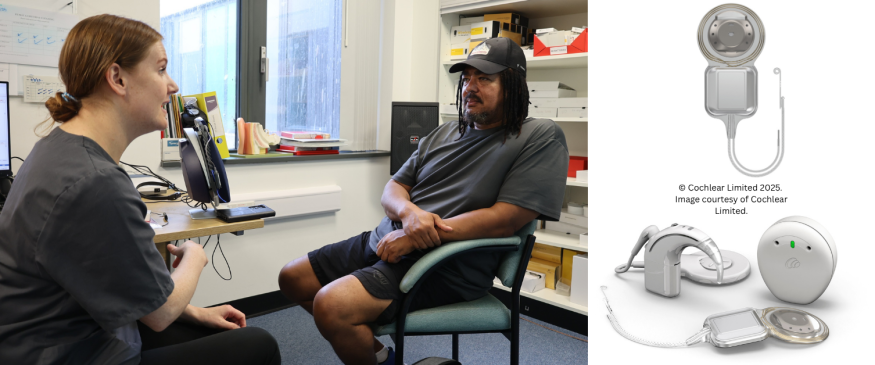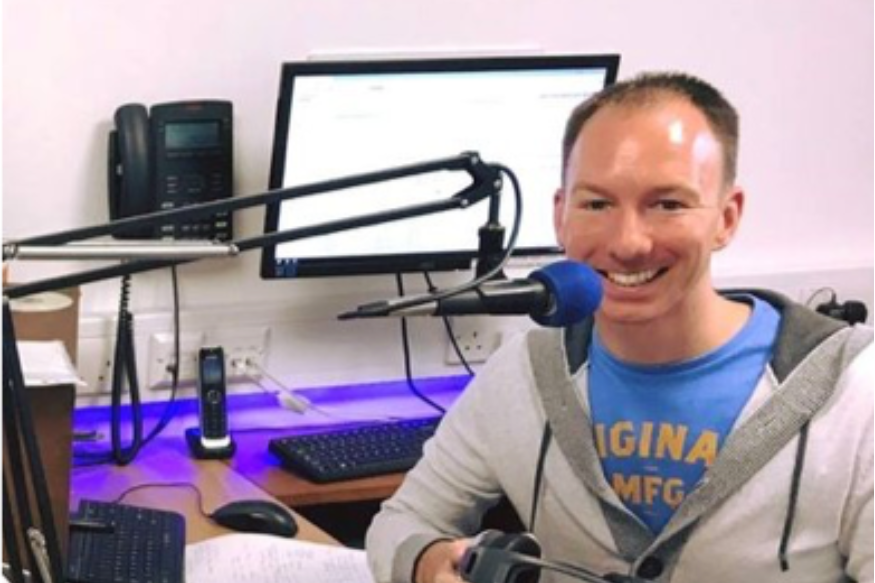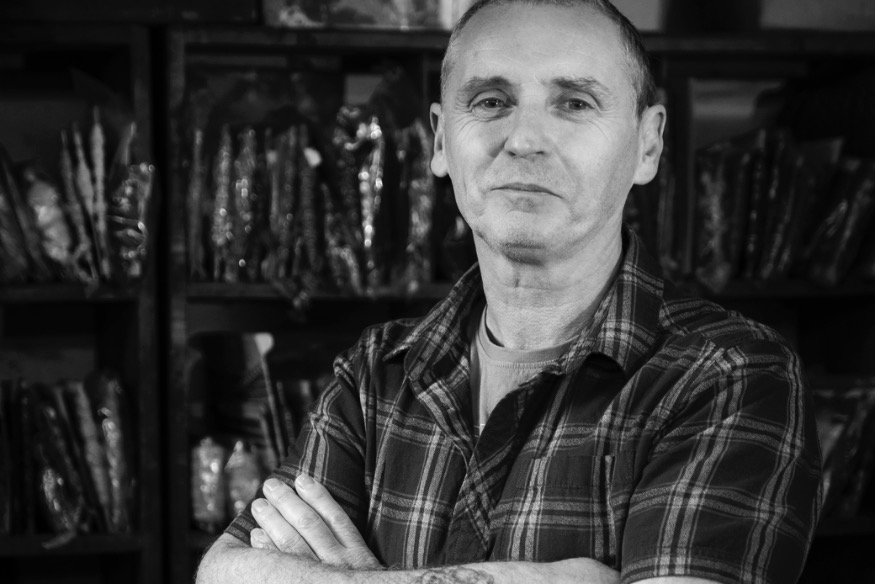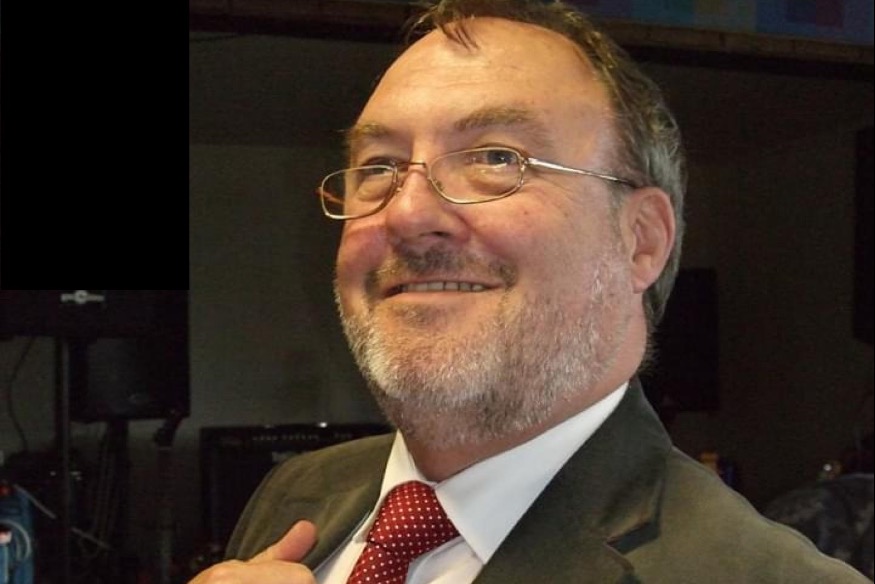
October 13, 2025 - 153 views
An audiology patient has become one of the first people in the UK to receive a “world’s first” smart cochlear implant.
Cochlear implants are used to improve hearing for people with severe to profound deafness. The new device differs from previous versions because it retains an individual’s personal hearing programming settings in its internal memory. This means vital information is retained even if they lose or damage the external sound processor.
The lucky recipient of one the first of the new devices to be fitted in North Wales is Peter Hendrickse, who had surgery on July 11 this year. At the time he was one of only a handful of people across the UK to have received the new “smart” tech. In fact, the very first in the UK was also implanted at BCUHB a couple of weeks before Peter’s.
Speaking at a follow-up appointment he explained what life was like before he had the implant and how life is beginning to change with it.
He said: “I had been using hearing aids but couldn’t really hear very well with them. People were having full conversations with me but I couldn’t really hear them.
“I’m still adjusting to the implant and I still cannot hear a phone call but it is getting better. When I’m watching TV it is quite hard but the receiver is being tweaked every time I come. You have to get used to it. It’s about getting your brain used to the new sounds.
“They’ve been really good here though. The team is great.”
Peter will have a series of follow-up appointments where clinical scientist Alysia Dykes, or one of her colleagues in the cochlear implant team, will use computer technology to “fine-tune” the device’s settings to Peter’s needs. This is so he receives as true a representation of the sounds around him as possible.
His new device’s internal memory is the first to be upgradeable as technology advances. This is a huge step forward for patients, as the internal implants can last many decades without needing to be replaced.
Called the Nucleus Nexa Implant, it claims to be the world’s first and only “smart” implant. Powered from the outside, it also uses novel technology to optimise the external sound processor’s battery life.
Another huge benefit to patients comes if they damage the external sound processor – the part you can see on the outside of the head, attached by a magnet to the internal implant.
In previous versions, any damage to the sound processor required an appointment to reprogramme a new one. With the new device, that information is retained on the in-built memory and an individual just needs to be posted a new processor, allowing the user’s personal hearing programming settings to upload from the implant.
The cochlear implant is surgically placed under the skin, with the electrode array inserted into the cochlear (inner ear) to electrically stimulate the hearing nerve. Our brain interprets these electrical impulses as sound.
If you think of programming the device like adjusting the settings on a very complex graphic equaliser, set specifically for each patient, you realise how important all that data is. It’s a patient’s personal audio profile to help them hear the world in a way that is right for them.
The North Wales Auditory Implant Service, based at Glan Clwyd Hospital’s audiology department, accepts referrals from across North Wales and the North-West of England. This latest development is another example of why it is a sought after destination for those with hearing impairment.
Jenny Townsend, head of the North Wales Auditory Implant Service, said: “We are delighted to have been the first team in the UK to offer this exciting new technology. We hope it will allow patients to benefit from additional technological advancements in the decades to come, without requiring further surgery.
“Learning to use a cochlear implant takes time and practice but it can result in life-changing improvements in hearing and communication. The feature which makes it easier for recipients to have less time ‘off-line’, if their external processor breaks or is lost, is a valuable improvement.”
For Peter, who has lived in Liverpool since he was six years old, the implant has already made the world a safer place, as he explained: “I haven’t heard high pitched noises for a long time. I could never hear my fire alarm go off. I can hear it now. I think it’s really loud now.”









